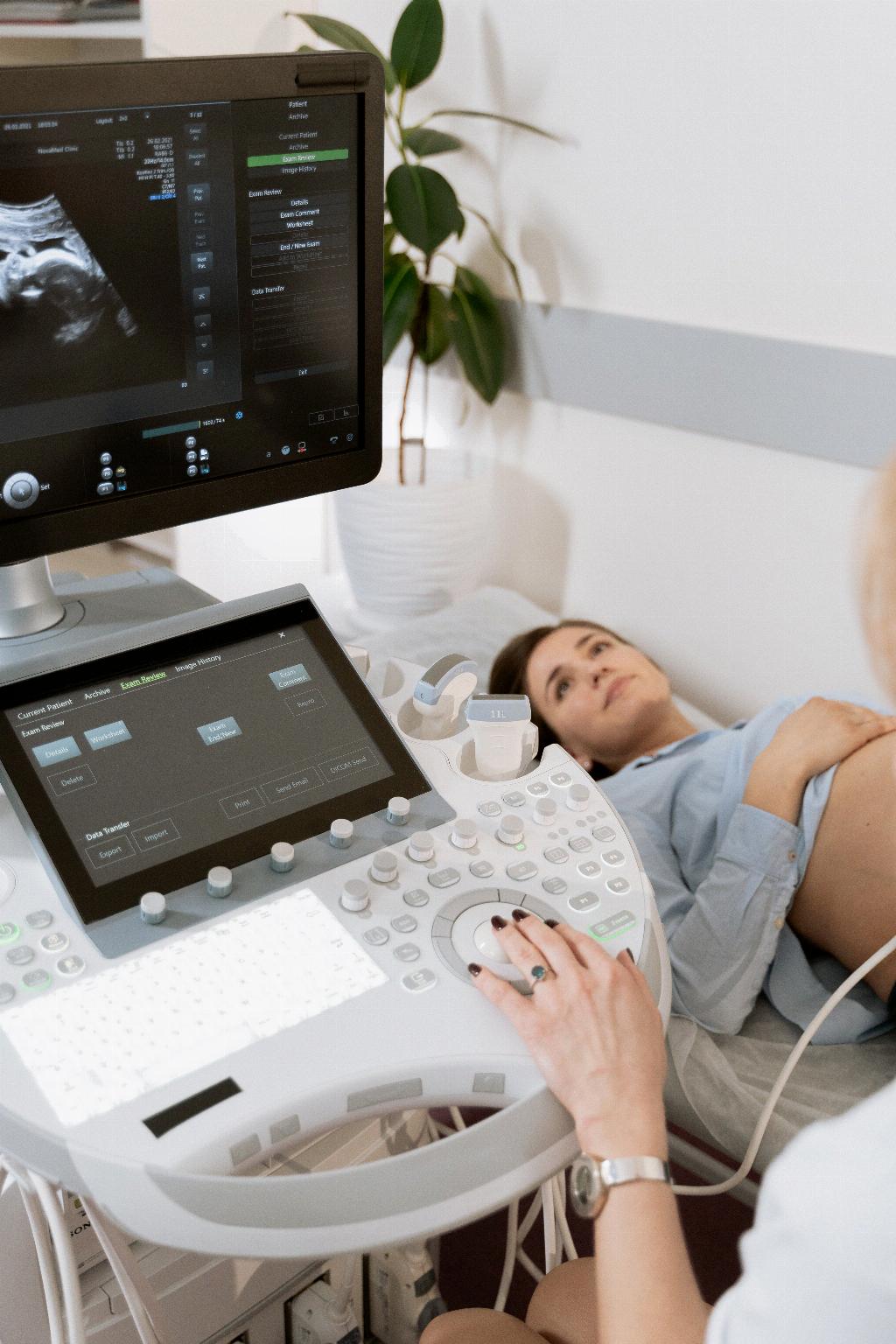When it comes to pregnancy, age can play a significant role in determining the risks and outcomes for both mother and baby. One commonly debated topic in the realm of obstetrics is whether pregnancy after the age of 35 constitutes a high-risk scenario. Let’s delve into the facts and explore the implications of advanced maternal age on pregnancy.
The Age Factor: Understanding Maternal Age and Risks
Maternal age is a crucial factor in pregnancy, as it can influence the likelihood of encountering certain complications during gestation. Women who conceive after the age of 35 are often considered to be of advanced maternal age, a categorization that comes with its own set of potential risks and considerations.
Pregnancy-Related Complications and C-Sections
One of the primary concerns regarding pregnancy after 35 is the increased risk of pregnancy-related complications that may necessitate a Caesarean section (C-section) delivery. The likelihood of encountering issues such as gestational diabetes and preeclampsia tends to rise with advancing maternal age, prompting closer monitoring and potential interventions.
Chromosomal Abnormalities and Genetic Risks
Another significant aspect to consider is the higher risk of chromosomal abnormalities in babies born to mothers over the age of 35. Conditions such as Down syndrome are more prevalent in pregnancies with older mothers, underscoring the importance of genetic counseling and screening for expectant parents in this age group.
Maternal Health Concerns
Aside from the fetal risks associated with advanced maternal age, there are also considerations related to the health of the expectant mother. Women over 35 may face an elevated likelihood of developing certain pregnancy-related conditions, including hypertension and gestational diabetes, which can impact both maternal and fetal well-being.
Fertility Challenges and Assisted Reproductive Technologies
Advanced maternal age can also pose challenges in terms of fertility, as women tend to experience a decline in the quality and quantity of their eggs as they grow older. This may lead some individuals to explore assisted reproductive technologies such as in vitro fertilization (IVF) in order to enhance their chances of conceiving.
Educational and Lifestyle Factors
Furthermore, women who choose to delay childbearing until their late 30s or beyond may find themselves juggling the demands of pregnancy and parenting with existing educational or career pursuits. Balancing these various aspects of life can introduce additional stressors and complexities to the pregnancy journey.
Medical Interventions and Monitoring
Given the potential risks associated with pregnancy after 35, healthcare providers often recommend increased monitoring and interventions to ensure the well-being of both mother and baby throughout the gestational period. Regular prenatal visits, screenings, and diagnostic tests can help identify and address any emerging issues promptly.
Emotional and Psychological Considerations
It’s essential to recognize the emotional and psychological dimensions of pregnancy after 35, as individuals may experience a range of feelings and concerns related to their age, fertility journey, and impending parenthood. Seeking support from loved ones and mental health professionals can be beneficial during this transformative time.
Support Systems and Resources
Building a strong support network and accessing relevant resources can be instrumental in navigating the challenges of advanced maternal age pregnancy. Connecting with other expectant mothers in a similar age bracket, joining prenatal classes, and engaging with online communities are avenues to gather insights and encouragement.
Individualized Care and Decision-Making
Ultimately, the decision to pursue pregnancy after 35 is deeply personal and should be informed by a comprehensive understanding of the potential risks and benefits involved. Consulting with healthcare professionals, weighing individual circumstances, and considering personal values are key components of making well-informed choices regarding family planning.
Conclusion: A Holistic Approach to Pregnancy After 35
In conclusion, while pregnancy after the age of 35 carries certain inherent risks and considerations, it’s essential to adopt a holistic approach that encompasses physical, emotional, and social dimensions. By staying informed, seeking support, and actively participating in decision-making processes, individuals can navigate the complexities of advanced maternal age pregnancy with resilience and confidence.

